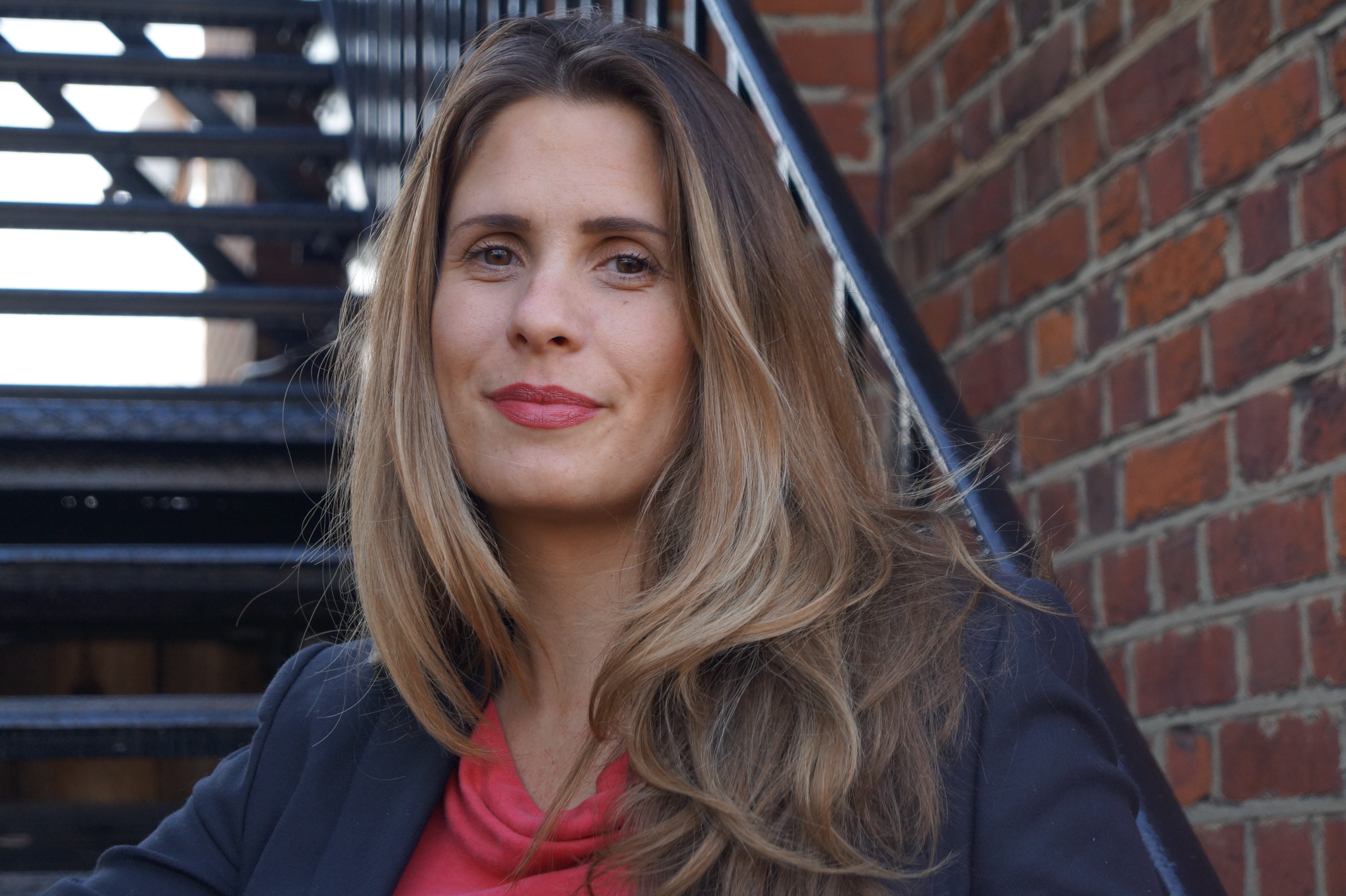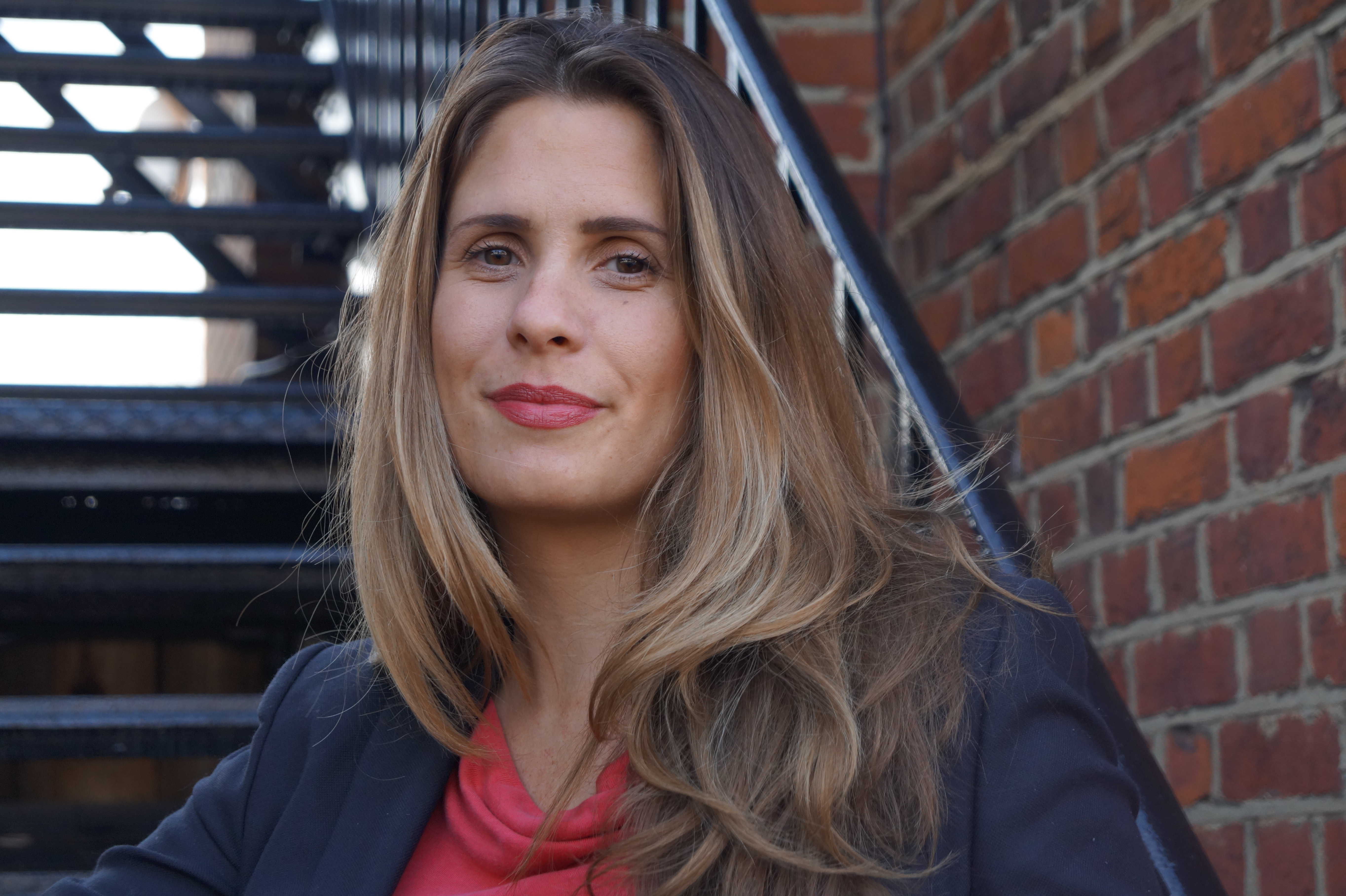At Thrive Global, in honor of International Women’s Day, we’re inviting women business leaders to share how they Thrive.
Thrive Global: What’s the best advice you’ve ever received about prioritizing your health and well-being?
Jaimie Patrick-Abbot: “Place your oxygen mask on first before placing on the mask of those around you.” It’s so easy to always be giving out to everyone else around you — colleagues, children, husbands, parents and the last person on the list is you. Reverse this: It’s critical to make time for yourself in the week and do something that gives you oxygen, whether it’s a 10-minute daily mediation, gardening, a dog walk or a 30-minute blast in the gym three times a week, but make time for yourself and prioritize this above everything and everyone around you at least three times a week. #SelfCare
TG: What’s the best advice that you would give women about preventing burnout?
JPA: Find a way to take a complete mental break on a regular basis to ensure you don’t burnout mentally. When your brain burns out, it takes a long time for it to recover, often much longer than physical injuries and therefore it’s so important to find something that takes you completely out of your normal zone and forces you to switch off, allowing the brain to truly rest and recover and stay strong. For me, I find this is every three months. I have to take time away either at the beach with the family or a yoga weekend or retreat with the girls. Something that enables me to completely reset.
TG: What’s important in your life outside of work? What helps you thrive? With a demanding schedule, how do you make time for these important things?
JPA:Spending time with my family and friends — especially my son, who brings me joy on a daily basis and reminds me of what is important in life. He doesn’t allow me to be anything other than fully present when I am with him, so it’s a great switch off from other things going on in my life. I have great support from grandparents and neighbours — which enable my husband and I to do date night at least once a week to make time for a proper conversation with full sentences uninterrupted by mini people!
What obstacles have you overcome in your career, particularly obstacles that had to do with your gender? What did you learn from those experiences that you wish you’d known before?
JPA: When I returned to work post having my son, I found I had lost a lot of my confidence being out of the workplace for 10 months. Additionally, I returned to a new job in a new part of the company that involved a lot of international travel. Initially excited at being back at work and not having to change diapers daily and being able to take a pee in peace and drink a hot cup of tea whilst it was still hot, I threw myself into my job in the same way that I had done before I went off to have a child. I felt a need to prove to myself and others that I could still work full time and have a child with the same vigour I had before. Plus, I had a sense of duty to give back to the company that had given me valuable time off work with my young child.
Now for the first time in my life, I had two huge passions — my career and my son in equal amounts and dividing the time between them was so difficult. Being away from my son travelling sometimes up to a week in the U.S.A. left me both exhausted and causing separation anxiety in both my son and myself. Proving myself in a new job to new bosses whilst also trying to grapple with going back to work and being a new full time mum was way harder than I could ever have imagined. Trying to do and have it all without putting any boundaries in place, I exhausted myself and ended up burnt out and suffering with anxiety having to take seven weeks completely off work. I felt like such a failure. Thanks to some great counselling, time out and a lot of self care combined with a phased return to work, I am now fully back up and running at work, but this time with boundaries. I have also met many other women in exactly the same boat and have created a network called The Guilty Mothers Book Club, which doesn’t involve any book reading at all, with other mothers in my organisation and we connect and support each other via monthly lunches and daily messages of encouragement.
My biggest learning from this was that when you return to work post having a child, its important to keep it simple — go back to the same job and environment you already know, don’t try and take on more than just getting up, going to work, coming home and being a mum for the first six months. This is a huge achievement to do this and stay sane! There is plenty of time in the future to push on again in your career — for now, just manage the basics. Secondly, you are not alone. So many other women and new parents go through the exact same feelings, thoughts and anxiety levels. Find someone to talk to about it, create a network with other new mums and support each other — those other mums I discovered and the conversations we still have now are part of my survival kit.
TG: How do you prioritize when you have an overwhelming amount to do?
JPA: My go-to is the Stephen Covey model of important and urgent matrix when I am overwhelmed. This simple four-quadrant matrix enables me to go through my mental to do list and figure out what is truly urgent and important in a critical way and what can wait. I do it on a Sunday evening so I feel ready and in control for the week ahead — it takes me maybe 30 minutes and then I can start a Monday morning and hit the ground running. When life is really crazy I sometimes have to re-visit it daily in order to stay feeling calm and in control.
TG: When you notice you’re getting too stressed, what do you do to course correct?
JPA: I like to run my life at a million miles an hour, its part of my make up, but there are times when I feel like the wheels are coming off and my life is running me rather than me running my life. I used to only realise it was happening because I would get sick, which was actually too late or a good friend or family member would hold the mirror up to me and point out I was on the verge of burnout. Now, I recognise the signs and I do three things. I slow down and cut my social life right back to only the critical things. Secondly, I diarise exercise (often this falls off the calendar when you are so busy) and make sure I am doing it three times a week to get a good sweat on and thirdly I meditate. I do yoga once a week anyway, but actually the thing that I find really helps me course correct is meditating daily — just 10 minutes when I wake up in the morning — forcing myself to not start the day by running into it head first helps me hugely.
TG: How do you reframe negative thinking so you can feel “unstuck” and move forward?
JPA: I focus on what’s in my control and my sphere of influence. I ensure that I am surrounding myself with positive energy people who can give me energy. Then, I also meditate creating positive affirmations, focusing on the things that I know I am proud of about myself. I have also found the Oprah Winfrey Masterclass podcasts to be a valuable source of inspiration to remind you of how to be true to yourself and believe in yourself — when you do this anything is possible.
TG: Are there any small actions (or life “hacks”) that you swear by to help you prioritize, focus, connect with others, get solid sleep, or incorporate movement and nutrition into your life? Share any and all!
JPA: Here are my five life hacks that I now swear by:
- Always be in bed by 10 p.m. — sleep is a dealbreaker. Two hours before midnight is worth four after. If your children wake you up at 5 or 6 a.m, then be in bed by 9 p.m.
- Diarise movement a minimum of three times a week for 30 minutes.
- Take a Magnesium & Zinc supplement every day — your body loses these nutrients first when you are stressed and the loss of them affects your brain’s ability to function.
- #SelfCare — you hold your family and your work together. If you don’t function, everyone around you will suffer, so make time for you first. Put your oxygen mask on first.
- Have at least one full day and night a week not working or checking email and connect with your family or friends and be truly fully present with them and yourself. It recharges your brain and energy levels.


